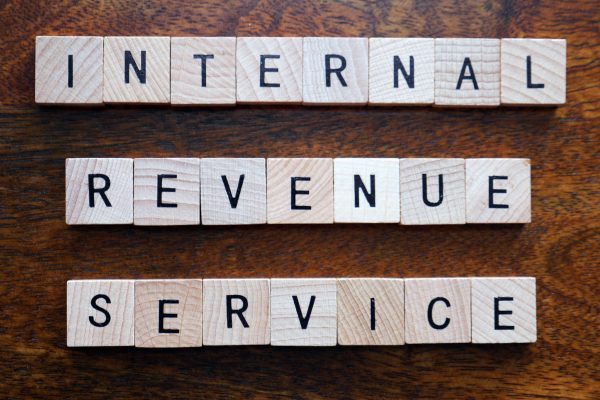

Finance
Moral Obligation Bond Definition
Published: December 26, 2023
Learn about the concept and importance of moral obligation bonds in finance. Understand how these bonds create a moral obligation for issuers to fulfill their financial responsibilities.
(Many of the links in this article redirect to a specific reviewed product. Your purchase of these products through affiliate links helps to generate commission for LiveWell, at no extra cost. Learn more)
The Moral Obligation Bond Definition: Understanding the Intersection of Finance and Social Responsibility
When it comes to financial investments, many individuals and institutions seek to strike a balance between profitability and social responsibility. One powerful tool that bridges this gap is the moral obligation bond. In this blog post, we will explore the definition, benefits, and considerations of moral obligation bonds and shed light on why they are gaining popularity in the world of finance.
Key Takeaways:
- Moral obligation bonds are a financial instrument that allows governments and entities to raise funds for socially responsible initiatives.
- These bonds provide an additional assurance to investors by creating a moral, though non-legally binding, obligation for repayment.
A Closer Look at Moral Obligation Bonds
So, what exactly is a moral obligation bond? At its core, it is a type of debt instrument issued by a government or entity with the aim of financing projects that serve a social or public purpose. Unlike conventional bonds, moral obligation bonds go beyond the traditional financial obligations, encompassing a moral commitment to fulfill the debt obligations.
While moral obligation bonds do not have a legally binding requirement to repay, the existence of the moral commitment greatly enhances the perception of creditworthiness. This additional assurance often results in lower interest rates, making them an attractive investment opportunity for both socially conscious investors and traditional investors seeking stable returns.
The Benefits of Investing in Moral Obligation Bonds
1. Empowering Socially Responsible Initiatives: One of the primary benefits of moral obligation bonds is the ability to support projects and initiatives that align with an individual’s or institution’s values and ethos. Investing in these bonds goes beyond mere financial gain, allowing investors to make a positive impact on society and support causes they believe in.
2. Diversifying Investment Portfolios: Moral obligation bonds offer an avenue to diversify investment portfolios by including socially responsible investments. By expanding the scope of investments, investors can reduce risk and increase potential returns while promoting sustainable and ethical practices.
Beyond these key takeaways, it is important to consider a few aspects before investing in moral obligation bonds:
- Research and Due Diligence: As with any investment, it is crucial to conduct thorough research and due diligence to understand the issuer’s financial stability and the potential risks associated with the bond.
- Market Conditions: Assessing the current economic and market conditions is essential, as it can impact the performance and viability of moral obligation bonds.
- Sustainable Impact: Evaluate the social or public purpose of the project that the bond supports. Ensure that it aligns with your values and has the potential to create a lasting positive impact.
Conclusion
Moral obligation bonds provide a unique opportunity for individuals and institutions to intertwine their financial goals with social responsibility. As awareness around sustainable investing continues to grow, these bonds offer a tangible way to support initiatives that aim to make our world a better place. By recognizing the moral commitment associated with these bonds, investors can drive positive change while potentially earning stable returns on their investments.
So, if you’re searching for an investment avenue that combines finance with social responsibility, moral obligation bonds may be the perfect fit.














